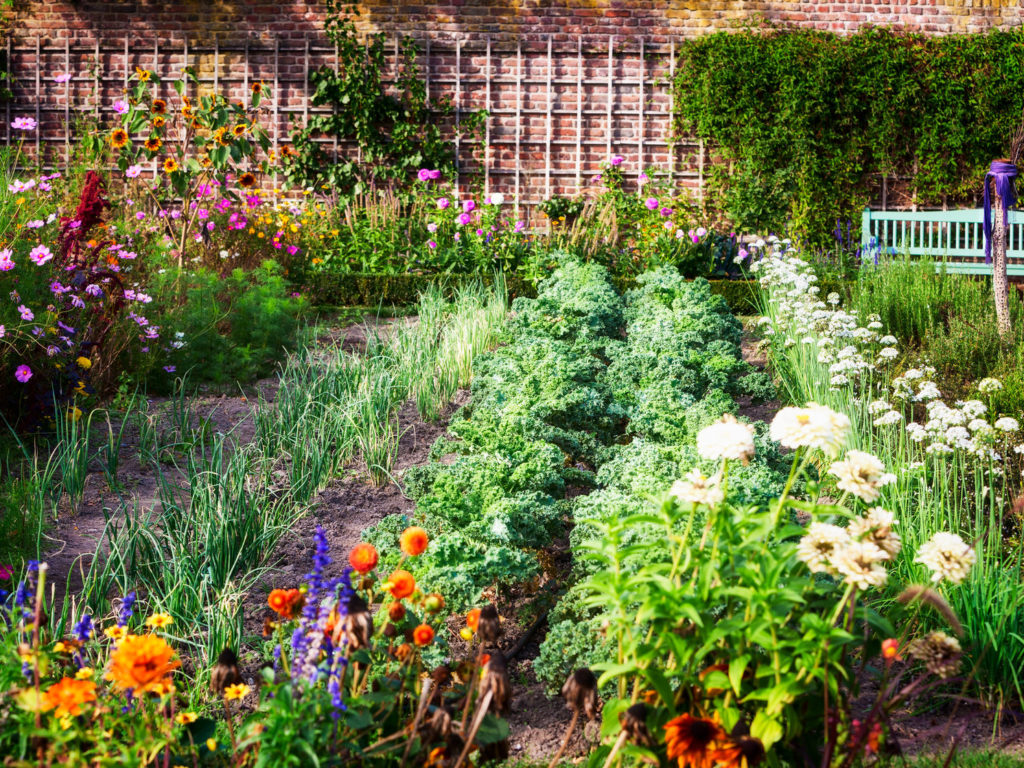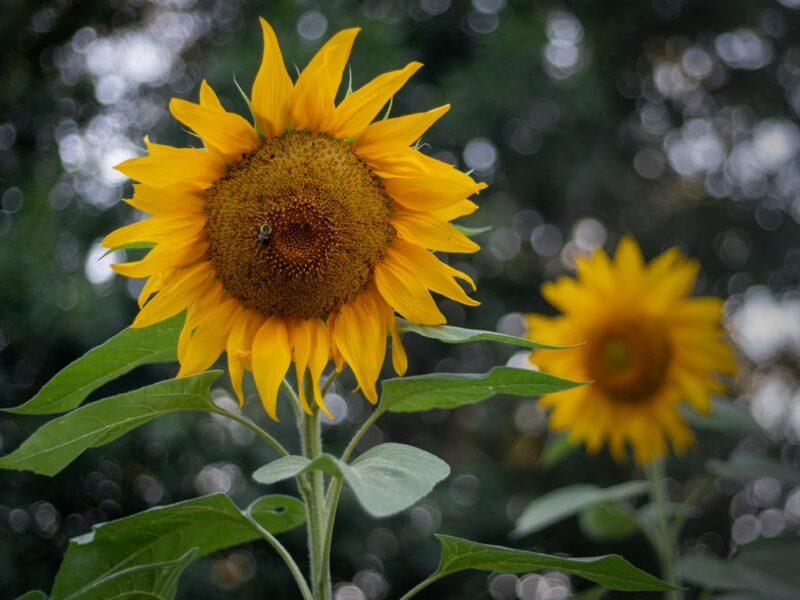Organic gardening is being used to rehabilitate prison inmates battling drug addiction. One particular prison in England has seen its drug test failure rate go from 30 percent on average to zero in one year since implementing an organic gardening program. Also in the news, the true cost of cheap, unhealthy food is a spiraling public health crisis and environmental destruction, according to a high-level commission. The commission said the Englands’s food and farming system must be radically transformed and become sustainable within 10 years. U.S. foods are increasingly full of nano-scale additives, despite researchers raise alarm bells about their safety. Roundup’s risks could go well beyond cancer. Evidence of the herbicide’s danger to biological functions and the environment continues to mount. Why are U.S. regulators not listening? Farmers around the world are increasingly relying on pollinators—but not providing the crop diversity bees and other insects need to thrive. A new study finds monocultures are not good for bees. The Environmental Protection Agency announced this week it would allow for the expanded use of a pesticide it considers toxic to bees. A move that comes just days after the Trump administration said it was suspending data collection on bee populations. The pesticide known as sulfoxaflor will be permitted for use on certain crops for the first time, and in other areas that were prohibited under the Obama administration.
Organic gardening helps inmates kick drug addiction
Organic gardening is being used to rehabilitate prison inmates battling drug addiction. One particular location, at HMP Rye Hill in England, has seen its Mandatory Drug Test failure rate go from 30 percent on average to zero in one year since implementing an organic gardening program.
True cost of cheap food is health and climate crises, says commission
The true cost of cheap, unhealthy food is a spiraling public health crisis and environmental destruction, according to a high-level commission. It said the UK’s food and farming system must be radically transformed and become sustainable within 10 years.
I wash all my food like crazy’: scientists voice concern about nanoparticles
US foods are increasingly full of nano-scale additives, even as researchers raise alarm bells about their safety
Roundup’s Risks Could Go Well Beyond Cancer
Evidence of the herbicide’s danger to biological functions and the environment continues to mount. Why are U.S. regulators not listening?
Monoculture farming is not good for bees: Study
Farmers around the world are increasingly relying on pollinators—but not providing the crop diversity bees and other insects need to thrive
EPA expands use of pesticide considered ‘very highly toxic’ to bees
The Environmental Protection Agency (EPA) announced it would allow for the expanded use of a pesticide it considers toxic to bees, a move that comes just days after the Trump administration said it was suspending data collection on bee populations. The pesticide known as sulfoxaflor will be permitted for use on certain crops for the first time, and in other areas that were prohibited under the Obama administration.









